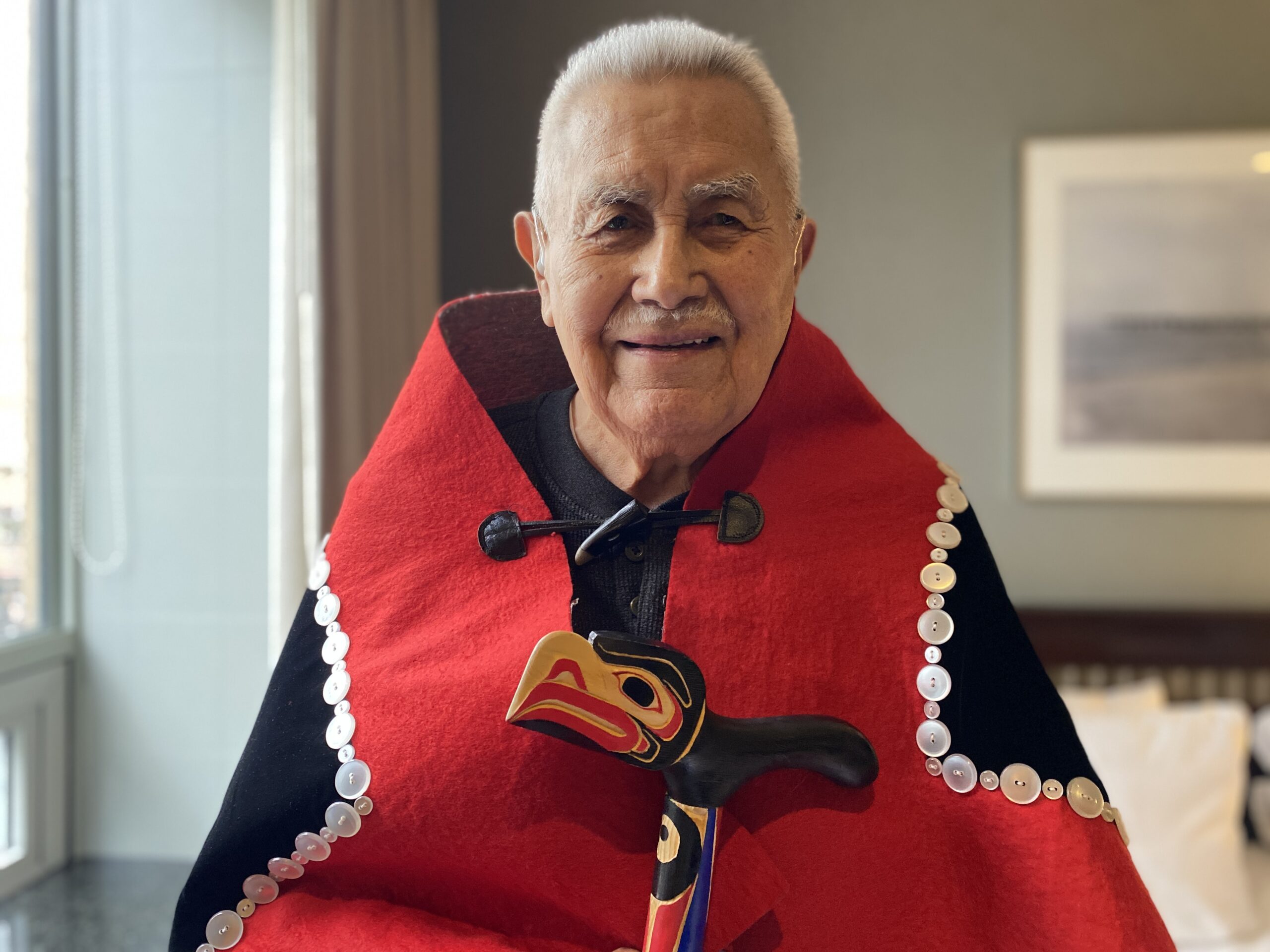
‘North of North’ star Anna Lambe believes (most) people can change
From True Detective to The Grizzlies, the Inuk actor is known for badass roles. She's...
Almost anyone can make a claim to minerals in B.C. through an online system for a fee of $1.75 per hectare. In just a few clicks, you can have the mineral rights to a plot of land, without having to consult, seek permission or notify First Nations.
But Gitxaała Nation and Ehattesaht/Chinehkints First Nation are in the B.C. Supreme Court fighting to change these rules. They want the provincial government to stop automatically giving out the rights to minerals in their territories.
The case is also the first time British Columbia’s courts are being asked to interpret B.C.’s Declaration on the Rights of Indigenous Peoples Act and free, prior and informed consent. “This case is a test of what the Declaration Act means and how it applies to B.C. laws,” Kasari Govender, British Columbia’s human rights commissioner said in a press release. “The Declaration on the Rights of Indigenous Peoples is not merely aspirational international law, but has been implemented here in B.C.’s domestic law,” she concluded.
The commissioner, along with six other groups are presenting their arguments in support of the two First Nations. Then the provincial government will lay out its case to keep the current online mineral granting regime as is.
In court last week, lawyers for Gitxaała Nation and Ehattesaht/Chinehkints First Nation shared how automatic granting of claims in their territories negatively impacts their laws, culture, land and future. The courtroom was filled with elected and hereditary leadership and members of the nations.
Elders sat in and listened as lawyers representing their communities shared how the current system, “is a serious affront to Gitxaała’s legal order, as it ignores and is contrary to ayaawx [Gitxaała law].”
“A grant is essentially contemptuous conduct that undermines the rule of Gitxaała law,” Lisa Fong, one of Gitxaała Nation’s lawyers, said. It is the smooy’git (Hereditary Chiefs) through their waap (house) that “has exclusive jurisdiction to manage their resources,” Gitxaała explains in submissions.
There are also cultural and spiritual impacts. “Naxnanox [nature spirits] are a key source of the values and principles that led our ancestors to develop the protocols and harvesting practices that have allowed Gitxaała to flourish,” Sm’ooygit Nees Hiwaas (Matthew Hill) said in Gitxaała’s written submissions.
Gilaskamax (Allan Brown), a Gitxaała Elder of the Lax Sgyiik (Eagle clan), told me that he had tears in his eyes as he reflected on the proceedings. He’s been sitting in every day and has witnessed and survived a long history of colonial harms to his community and culture.

We sat down together and he shared how he’s feeling after the first few days of hearings. Here is an excerpt of our conservation.
There’s been mining in Gitxaała territory (Laxyuubm Gitxaała) for a long time. They didn’t consult with us. They just started mining.
They just went there with the government’s permission and there was no consultation with us when they mined Banks Island (Lax k’naga dzol). All that mine tailings just went into the ocean — and we depend on seafood. It’s been in our diet ever since the creator put us in Gitxaała territory.
All the shellfish in that area died off because of the mine tailings. Even the halibuts are gone. I think they might have moved somewhere else. Cod, salmon, they don’t go there anymore.
The mining trampled our areas. They just cut down all the trees, moved rock piles, made roads.
This is what we want to try and talk to the government about; that we’re treated right. It’s our land that they’re trampling. This is what we’re trying to straighten out; what the government did to our land. What the miners did to our land.
Our ancestors really followed our rules. When we look for our seafood, we only take what we need; don’t overtake. Just take what you need and the rest will replenish again.
We want to change the law of B.C. in order to be consulted first before any mining comes in. We want to be recognized as a nation, to respect our law (ayaawx), respect our food that comes on the land, and share resources. It’s very simple what we ask. But the government doesn’t listen to us. We want to be heard. We want to be consulted before any mining comes into our territory.
This time, I’d like to see justice done. I hope it changes this time. I hope it changes. I cross my fingers that they will listen to us.
Editor’s note: this conversation has been edited for length and clarity.
Get the inside scoop on The Narwhal’s environment and climate reporting by signing up for our free newsletter. On March 17, federal Conservative Leader Pierre Poilievre...
Continue reading
From True Detective to The Grizzlies, the Inuk actor is known for badass roles. She's...

Artist Alison McCreesh’s latest book documents her travels around the Arctic during her 20s. In...

I’ve watched The Narwhal doggedly report on all the issues that feel even more acutely...
